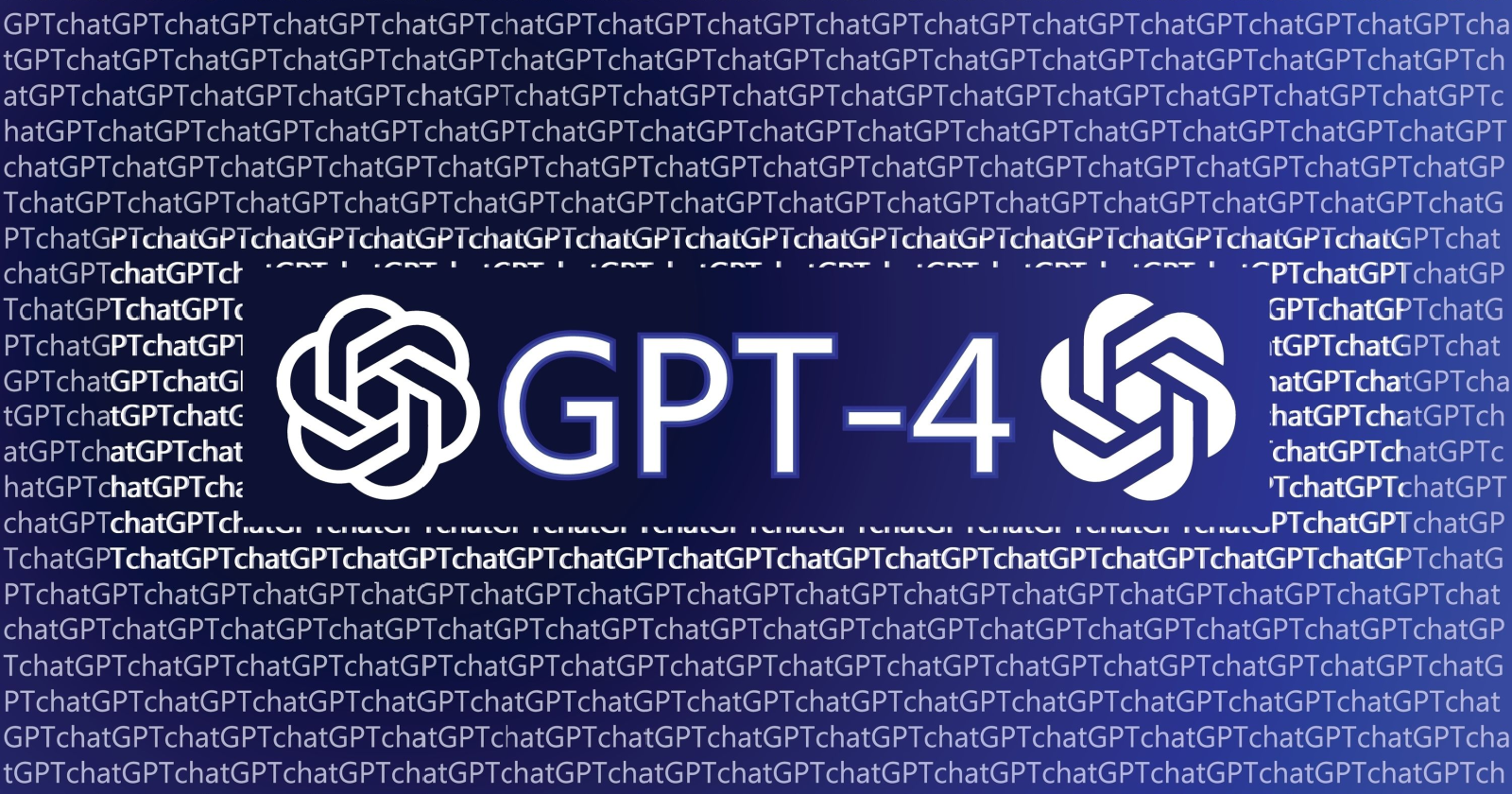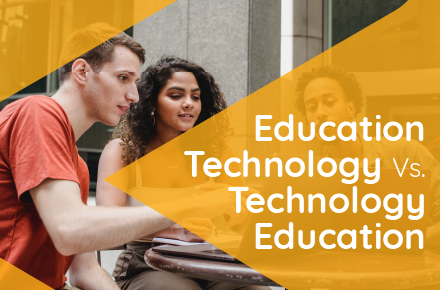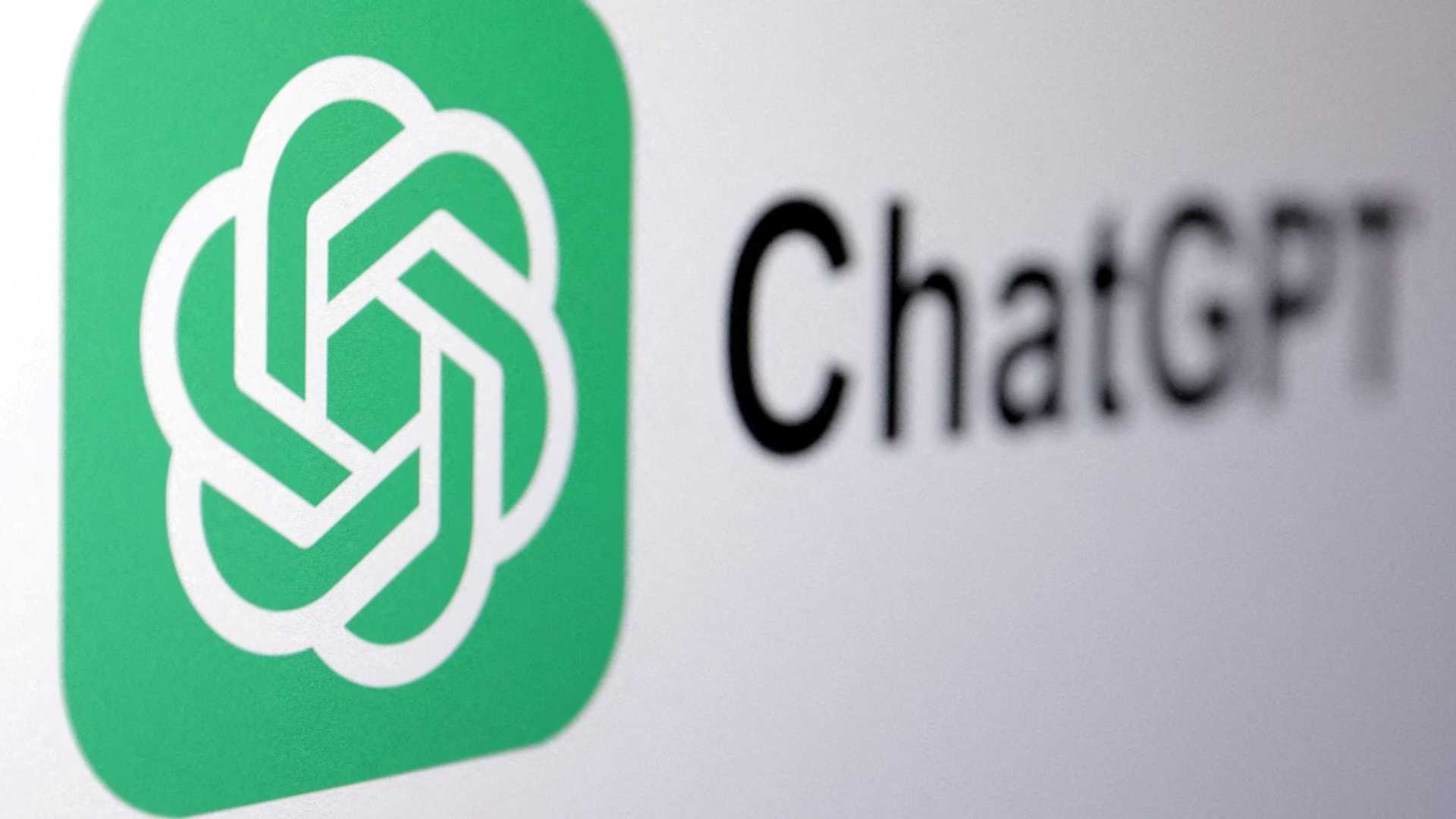The Impact of ChatGPT on University Assessments - Hindustan
Artificial Intelligence (AI) has made significant advancements in recent years, with OpenAI introducing ChatGPT-4, a powerful text generator capable of producing human-like responses to a wide range of prompts. This tool has the ability to create limericks, jokes, stories, and even academic essays that can pass assessments across various subjects.
The Rise of AI in Education
While previous AI iterations often produced text with errors, ChatGPT's responses are now more sophisticated and challenging to differentiate from those written by humans. This blurring of lines raises concerns about academic integrity and the potential for students to submit AI-generated work as their own, without fully understanding the underlying material.

Many educational institutions have implemented bans on the use of AI text generators like ChatGPT, citing concerns about plagiarism and the erosion of critical thinking skills. However, detecting and proving AI-assisted cheating poses a significant challenge due to the tool's ability to generate unique responses for the same prompt.
The Role of Educators and Technology
OpenAI is working on developing detection tools to combat AI-assisted cheating, but the effectiveness of such measures remains uncertain. The CEO of OpenAI, Sam Altman, likens the impact of ChatGPT to that of calculators in the field of mathematics, suggesting that schools need to adapt their assessment methods to accommodate these technological advancements.
As educators navigate this evolving landscape, it is crucial to equip students with the skills to responsibly use AI tools, understand their limitations, and verify the accuracy of generated content.
Balancing Innovation and Education
While AI can streamline certain aspects of the writing process, it also poses challenges in maintaining academic integrity and fostering essential skills such as critical thinking and independent reasoning.

Educators may consider integrating a mix of assessment formats, including oral presentations and real-world application tasks, to ensure a comprehensive evaluation of students' knowledge and abilities.
Navigating the Future of Education
As AI continues to shape the education landscape, the focus remains on striking a balance between leveraging technological advancements and preserving the core principles of learning. By adapting assessment methods, fostering critical thinking skills, and promoting diverse forms of evaluation, educators can prepare students for a future where AI coexists with traditional learning approaches.
While the integration of AI in education presents challenges, it also offers opportunities to enhance the learning experience and equip students with valuable skills for the digital age.
This article discusses the implications of AI text generators on university assessments and the evolving role of technology in education.




















